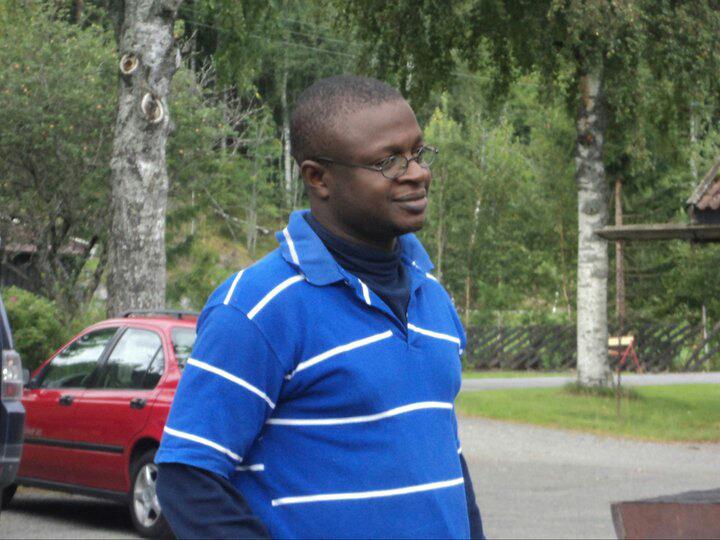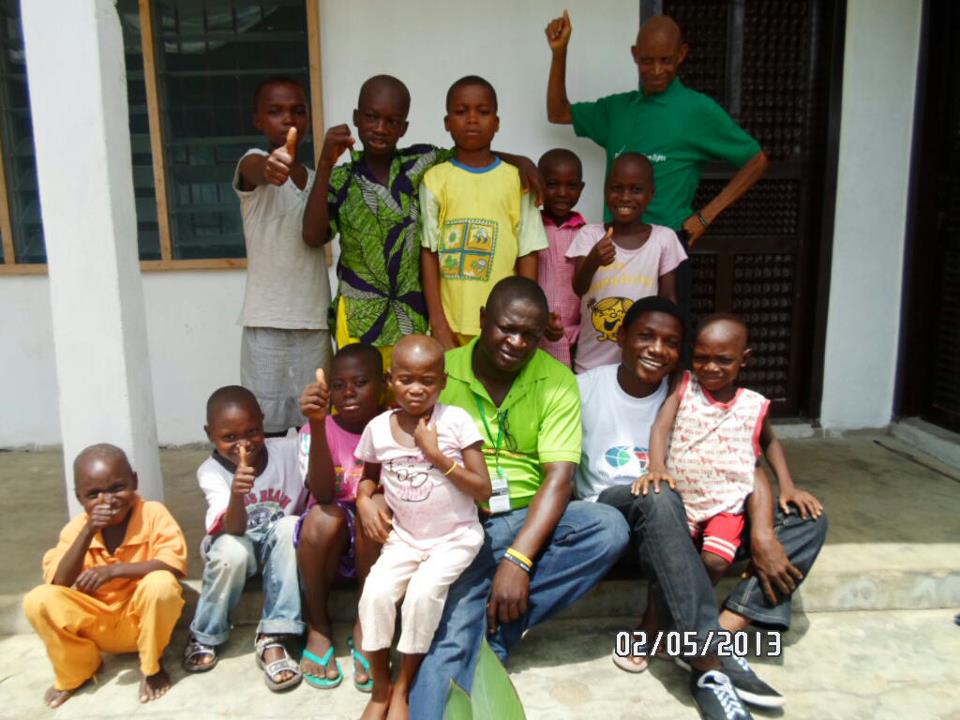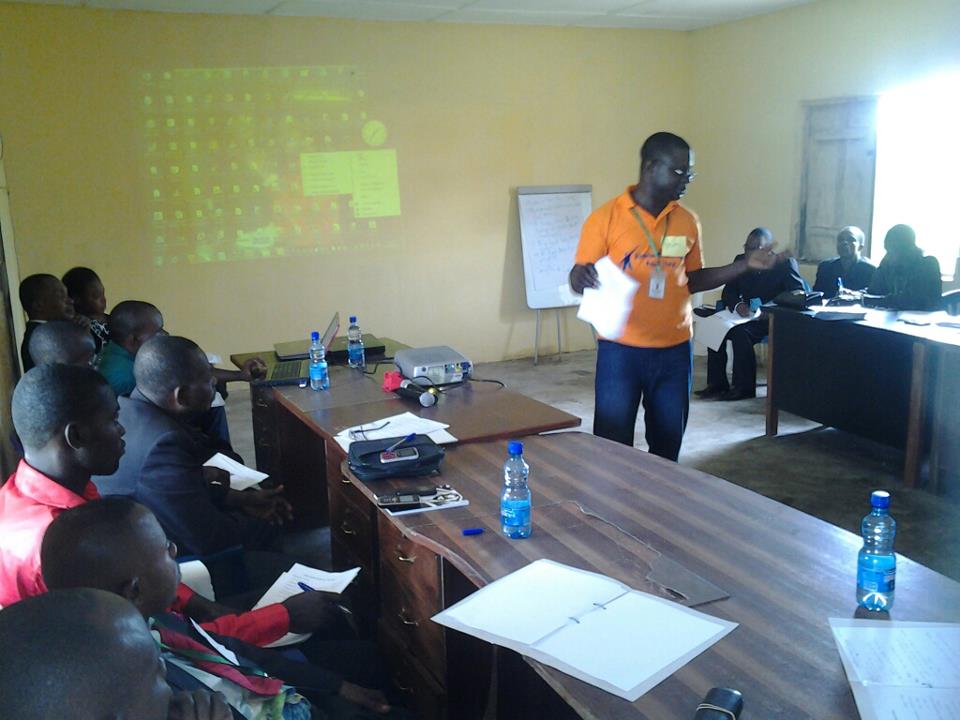Scott Douglas Jacobsen: As an associate professor and affiliate faculty in multiple departments, what is the situation for free thought in Nigeria?
Adeyemi Ademowo Johnson: Freethought is still unpopular in Nigeria; although there are so many youngsters who doubt their beliefs, they have not muster sufficient courage to openly express their admiration for freethought and desire to treat religion with caution.
Jacobsen: Do you have more hope for the younger generations?
Johnson: Yes! I definitely believe that the younger generation will realize that it is foolish to kill in the name of any faith or any God and that all we have are one another as humans.
Jacobsen: While teaching and designing programs for the sociology department at Afe Babalola University, do you incorporate aspects of critical thinking into the curricula?
Johnson: Yes! The University where I teach, Afe Babalola University, Ado-Ekiti, prioritizes entrepreneurial skills development; this makes it imperative for many of the students to offer courses in critical thinking and creative thinking. I, for instance, developed and teach a course: Sociology of Creativity and Innovation. Critical Thinking is an integral part of the course. There are other courses that encourage critical thinking to satisfy its outlines.
Jacobsen: What do you consider the more pertinent topics in sociological discussion within Nigerian society?
Johnson: There are two of them: religion and active citizenship. In religion, indoctrination of the young ones, Boko Haram recruitment of children/women as suicide bombers and the brazen display of wealth by Pentecostal pastors are issues that have dominated academic discourses. The importance of citizens in democratic governance and their attitudes towards tackling corruption are other issues. These are issues at the heart of sociological discourses from diverse angles.
Jacobsen: Does religion have sway over the political environment of the country?
Johnson: Religion and religious leaders have a place in our political landscape. Aspirants lay claims to being ordained or ‘called’ by God to contest for elections to get favours; they also attend big Pentecostal revivals and crusades to show their loyalty to and believe in religion. Humanists are rarely taken serious and sometimes demonized when they should interest in politics or to contest.
Jacobsen: As you work for the Humanist Association for Peace and Social Tolerance Advancement (HAPSTA) , what are your tasks and responsibilities?
Johnson: Humanist Association for Peace and Social Tolerance Advancement (HAPSTA) is the first Humanist association to be registered formally by the Nigerian Corporate Affairs Commission. I am one of the driving forces that worked relentlessly for this as the President. I later became the Projects Director in charge of HAPSTA life changing projects like ‘Humanist Against WitchKilling in Africa’, Stigmatized Children Rights Project (SCRIP), Omuo Humanist Against WitchKilling and Stigmatization’, Humanist Anti-Indoctrination Project (HApI) and Youth Leadership and Tolerance Training Project. I work to manage and raise funds for these projects which have been funded in the past by HAMU, Norway; Swedish Humanist Aid, Africa Unite Against Child Abuse (AFRUCA, UK). I also coordinate the international links for the organisation. As a member of HAPSTA Board of Trustees, I represent it at fora and work with others to coordinate its activities.
Jacobsen: How does HAPSTA advance the humanist movement in Nigeria?
Johnson: Yes! Through our activities targeted at fulfilling our objectives. Our objectives as an organisation include:
*spreading the ideals of humanism, peace culture, social tolerance and peace education
* fighting against superstition and superstitious beliefs that violate dignity of the human person, indoctrination that promote hate and violence, and policies capable of promoting disunity and social intolerance
* advocating and campaigning for Humanity’s freedom from being persecuted for their opinions, beliefs, sexual orientation and values, to prevent disenchantment that may result in violent conflict.
* promoting the development of ethical, peaceful and social tolerance conscious youths, through the promotion of peace education
Apart from representing and supporting our members and networks, HAPSTA also support human cause through the following projects:
1. SCRIP – Stigmatized Children Rights Project (which campaign against child-witch labeling and killing in many states across Nigeria
2. ARK-C: Anti-Ritual Killing Campaign (which works to dissuade people from thinking that human parts, including those of Albinos, hunchback, etc can be used for charms, money-making, among others)
3. CAJUJ: Campaign Against Jungle Justice (a very common phenomenon in Nigeria and other parts of the world, Jungle Justice is against the tenets of human rights and many innocent people have lost their lives through this miscarriage of justice)
4. SEMSUP: Sexual Minorities Support Project (which support the LGBTI community in Nigeria and around Africa)
5. HASTEP: Humanist and Social Tolerance Education Project
6. SCHCEP: Street Children Care and Empowerment Programme
Jacobsen: Who is a personal hero or exemplary for you regarding the humanist movement?
Johnson: Levi Fragell!
Jacobsen: How can individuals within the country or in neighboring nations of the African Diaspora help out with the humanist and irreligious movement in Nigeria?
Johnson: Support and participate in our activities.
Jacobsen: How can anyone else help regarding donations, remote skills assistance, advertisement and exposure, and so on?
Johnson: Let me start by appreciating the Norwegian Humanist Association and the Swedish Humanists, they have really supported financially and human capital development in the past years. Other well-established groups can get in touch with us for supports: funding of our ‘Anti-Indoctrination’ Campaign handbills; annual social tolerance leadership training for youths, invitation to attend humanist programmes; support for website hosting, etc. We would really appreciate supports that would strengthens the group more.
Jacobsen: Any final feelings or thoughts?
Johnson: Having been a humanist for about 18years; a university teacher for over a decade and worked with a lots of children and women stigmatized as witches, I am convinced that the world needs humanism and critical thinking. Hence, I would be happy to work with any Humanist Foundation and initiatives that will promote its humanist ideals in Africa and other continents.
Jacobsen: Thank you for your time, Yemi.
Image Credits: Adeyemi Ademowo Johnson.
Scott Douglas Jacobsen founded In-Sight Publishing and In-Sight: Independent Interview-Based Journal.


